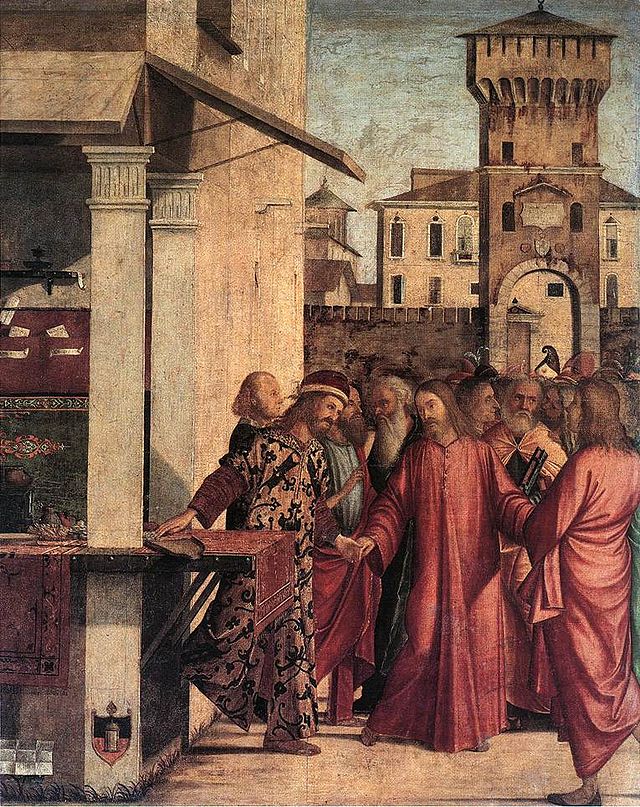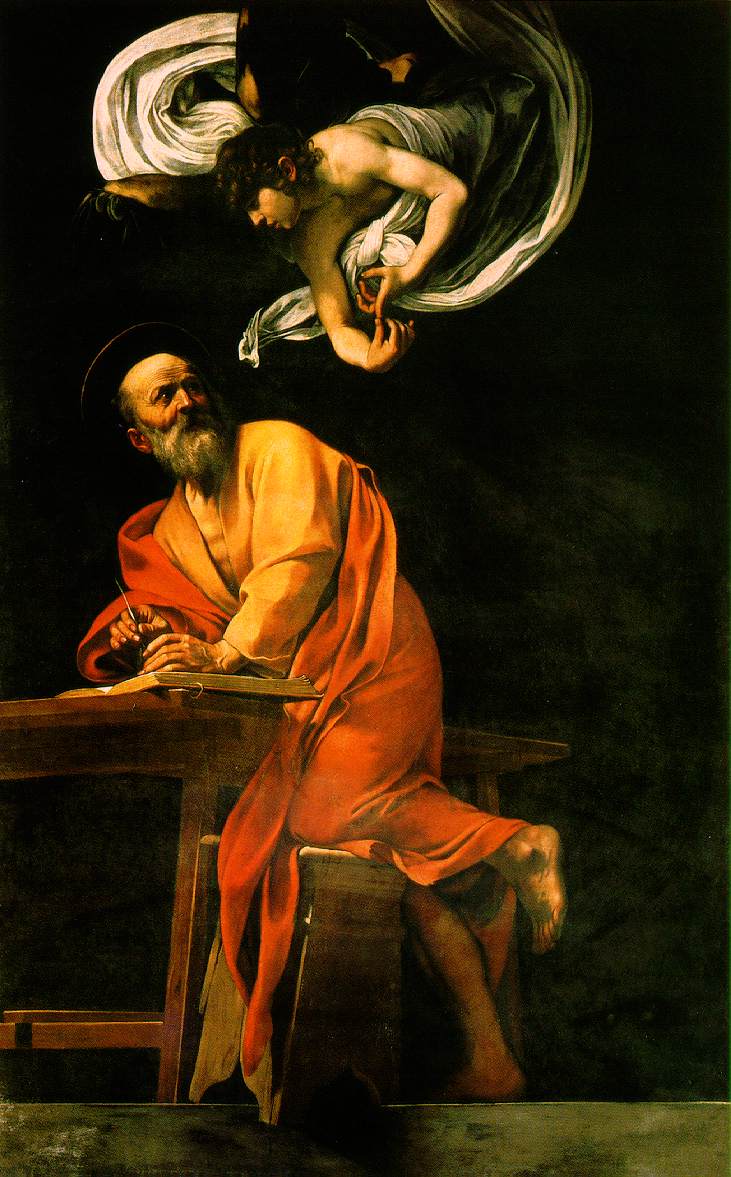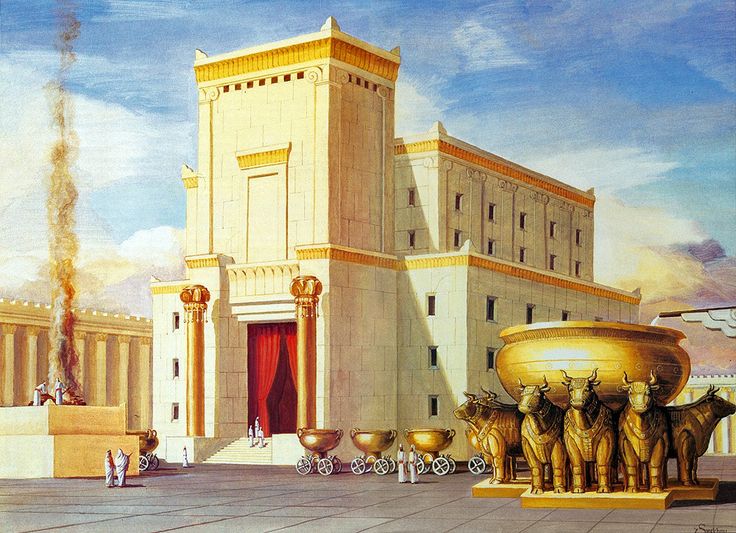Fourth Sunday after
Pentecost
June 25th, Year of Our + Lord 2023
Presentation of the
Augsburg Confession
Our Savior’s and Our
Redeemer Lutheran Churches
Hill City and Custer, SD
With Intrepid Hearts, We Believe, Teach and
Confess!
With intrepid
hearts, we believe, teach and confess!
Intrepid
means fearless, undaunted. As in the
words of Zechariah, singing praise to the Lord at the birth of his son, John
the Baptist. Through the work of the
Christ, for whom Zechariah’s infant son would one day prepare the Way, we would
be delivered from the hand of our enemies, and so be free to serve God without
fear, intrepid, holy and righteous in His sight, all the days of our
lives. With intrepid hearts, to boldly
proclaim that the wages of sin is
death, but the free gift of God is eternal life in Christ Jesus our Lord, to fearlessly
serve God by confessing His Christ, now that is living.
With intrepid hearts, on the 50th anniversary of the Presentation of the Augsburg Confession to Emperor Charles V, the theologians who wrote the Solid Declaration of the Formula of Concord, the final confessional document in the Book of Concord of 1580, boldly signed their names to this Lutheran confession of faith. Specifically they declared: By God’s grace, with intrepid hearts, we are willing to appear before the judgment seat of Christ with this confession.
Intrepid
hearts. I wonder how intrepid Christian
Beyer really felt as he stood before Charles V?
Christian certainly showed himself to be bold and steadfast, like his
boss, John, the Elector, ruler of Saxony.
John ruled his territory in the German lands, but he did so under the
aegis of Emperor Charles V. Did Beyer at
least have butterflies in his stomach?
Christian Beyer was not a theologian, but a lawyer, a layman, not
ordained. He was John the Steadfast’s
Chancellor, or chief administrative officer of Saxony. It fell to Chancellor Beyer to stand before
the Emperor and read the confession of faith of the reformation that had
flowered in German lands, following the Gospel discoveries of Martin
Luther. By all accounts, whatever
turmoil he may have felt inside, Christian read clearly, loudly and boldly on
that June day in 1530, 493 years ago today.
There were
plenty of reasons to worry for the seven German princes and two independent
city administrations who appeared at Charles V’s command, at the Diet, or
Imperial Assembly in Augsburg, Germany.
While Charles V needed them, and their money and armies to fight the
Turk, they were also his subjects. Defying
the Emperor was to risk everything earthly.
Nine years
earlier Luther had been summoned to appear before Charles at Worms, Germany,
called there to recant, that is to repent and deny his writings concerning the
pure Gospel, which the Lord had allowed him to rediscover in the words of the
Holy Bible. Luther’s prince had secured
a promise of safe passage for the reformer, to and from Worms.
This was thought to be necessary, because a century before another reformer, the Czech, Jan Hus, voluntarily appeared before a papal council in Constance, Germany, and ended up being burned at the stake for his teaching.
At Worms,
after Luther famously refused to recant, refused to go against the Word of God
and his own conscience, the Emperor declared Luther, already excommunicated by
the Pope, to be a heretical outlaw, subject to arrest and execution anywhere in
the Emperor’s realms. Luther’s prince
protected him, first hiding him in the Wartburg Castle, and later simply
refusing to allow anyone in his territory to carry out the Emperor’s decree. And so the Lutheran Reformation bubbled along
and consolidated in Saxony, and other parts of the German lands.
Whether these
bold confessors, lay and clergy, were truly without fear in their hearts is not
so important. What they said, the
confession of faith they made, and the actions they took to live out that
faith, this is what mattered.
Many dedicated their lives to teaching and proclaiming the pure
Gospel. Many others gave richly and
risked greatly to support this Gospel ministry.
Imprisonment, persecution, economic and military attacks all came against
supporters of the Reformation. Many
Lutherans even submitted to the flames of the Roman Inquisition’s pyre, rather
than deny Christ’s teaching as they had come to believe it from the Bible.
Their words
and actions have echoed through the centuries, down to our day. Luther, a priest and a monk, and above all a
pastor and a theologian. Beyer, a
layman, a lawyer and government official.
The Elector John, a prince, and many others, great and small, took their
places alongside Peter, John and Paul, and all the Apostles. You see, being dragged before hostile
authorities, religious or governmental, and being ordered to deny Christ and
the truth He taught, has always been a common occurrence in the Christian
Church, just as Jesus predicted.
But why? Why risk your life? What is so important? Simply put, the pure Gospel. The unadulterated Good News that in Christ
Jesus, crucified, resurrected and ascended to reign at the right hand of God
the Father, there is free and full forgiveness of sins for all people. And that this gift of salvation is not earned
by our works, but rather is received by faith.
Simply said, when the Holy Spirit causes hearts to believe that for
Christ’s sake, they are forgiven and beloved by God, today, and forever and
ever.
The German
reformers did not want to leave the Roman Church. They simply wanted to be free to proclaim the
gift of salvation, apart from works, achieved 100% by Christ Jesus, and
received by faith alone. That’s all they
wanted, but the Roman Pope and his minions would hear none of it. For some, holding sins over the head of
sinners is simply too profitable to let go.
Lord, preserve our Church from this temptation.
Like the Jewish priests and Pharisees in the Book of Acts who forbade the Apostles to preach free salvation in the Name of Jesus Christ, the very church officials who supposedly led the 16th century Christian Church forbade, on pain of death by fire, that anyone should proclaim salvation is by God’s grace alone, received by faith alone, based only on the Words of Holy Scripture. Like Peter, and despite the risks, Hus and Luther and Beyer and the Elector John also declared, “We must obey God rather than men.”
Why do
it? Because eternity depends on it, as
well as a clean and good conscience today.
We cannot and do not have to earn our salvation. But once we have been saved by the Gospel and
enlightened by Christ’s gifts, we are called to confess it, to speak the truth,
come what may. As Jesus told the
Twelve: 32 So
everyone who acknowledges me before men, I also will acknowledge before my
Father who is in heaven, 33 but whoever denies
me before men, I also will deny before my Father who is in heaven. To deny the faith is to hack away with a
machete at the branch which connects you to Christ. This, by the grace of God, Hus, Luther, Beyer
and John the Steadfast refused to do. For
no suffering in this life, not even death, can compare to the eternal blessing
and joy of God’s salvation. He is
preparing a place for you, in the glorious forever and ever life to come. And, God also will not leave you in the midst
of persecution in this life.
Fearlessly
confessing Christ and His pure Gospel also leads to the best possible life, now. Although admittedly, the goodness of the
bold Christian life can be hard to see with our eyes. Suffering for Christ may come. But don’t believe the lie that “going along
to get along” is better than standing up with Christ and His Gospel.
Oh, denying
Christ’s truth will often help one avoid bad things temporarily, but such is
not the road to freedom and peace. For
the persecutors always enslave you, to false gods, perhaps, or to a false
Gospel, a twisting of Christ’s doctrine that puts you back in chains, back
under an obligation to earn God’s favor, a requirement that you cannot
fulfill. Life as a modern Pharisee,
pretending you are making yourself right with God by your efforts, may look
impressive from the outside. But inside
it is a life of doubt, misery and even hatred toward God. Just read about Luther’s life in the monk’s
cell, before the Gospel set him free. And
the reality of the miserable pharisaical life on earth is nothing compared to the
eternal separation from God that the Bible warns is awaiting all who deny
Christ and His free gift.
The time to
boldly confess Christ and His pure Gospel is today. It has always been time to confess, and there
has always been an earthly price to pay for doing so. But, as we prayed in the Introit: In God,
whose word I praise, in God I trust; I shall not be afraid. What can flesh do to me? In God, whose word I praise, in the LORD,
whose word I praise, in God I trust; I shall not be afraid. What can man do to
me? When I am afraid, I put my trust in You.
Grant this, Lord, to us all. Grant this to us, dearest Jesus, for we are
not strong enough to confess You on our own.
Only by your Spirit will we stand and speak the truth, come what
may. Grant this, O Father, to us
all. For you are our only hope, and also
the hope of the world.
Yes, the
world around us needs you and me to speak the truth about Christ and His
salvation. We are still not likely to be
dragged before rulers and religious powers and be ordered to deny Christ. Not yet.
Although certainly this is more common today than when I was born, and
the trend seems to be growing. Lord have
mercy.
You may
never stand before a ruler of state or church and be called to deny Christ. But, it is all too common these days for
Christians to have their jobs or their status in life threatened, to be
pressured into silence, or perhaps to have forces demand you celebrate
sinfulness.
I could point
to examples in many different areas of life, but one looms large this
month. Mothers, fathers and veterans all
only get one special day to be celebrated each year. But pride in perversity, and the denial of
God’s good creation and plan for men and women, this blasphemy claims the
entire month of June. Thank God for those
who refuse to go along with the celebration, and instead point out its
brokenness and the immense damage being done to people. Such brave souls face losing jobs or
customers, or being sued and drug into court, just for agreeing out loud with
what Jesus says about humanity and men and women and sex.
By God’s
grace, with intrepid hearts, we believe, teach and confess Christ and His
Truth. Now, I suspect that all of us
here this morning have not done this perfectly, nor every time. The good we wish to do, we all too often do
not do. But praise be to God, even this
wretchedness, even the sin of failing in our witness, this too is covered by
the blood of Jesus. Now, don’t accept
and stay mired in your failures. Neither
try to deny them, nor excuse them.
Confess to Jesus your failures in witness. He will take them off your shoulders and give
you His forgiving grace. In Christ, you
are forgiven.
Then, by
God’s grace, with intrepid hearts, we will believe, teach and confess Christ
and His Truth. For ourselves, and for
our children and grandchildren, we stand on God’s True Word, for these are the
words of eternal life! We can do no
other. It is time for us to dust off our
Bibles and steep ourselves in the Lord’s truth, so that we will be prepared
with a good word, when our turn comes.
And we do not
do this only for ourselves. Christian
Beyer truly prayed that Charles V would be converted to the truth, and rejoice
together with all those who have been set free from lies and sin by Jesus. So also we speak God’s truth, for the sake of
those who oppose it. For faith comes by
hearing, and those duped into believing the lies of the Devil will not hear the
truth from anyone else, except us: Christians with intrepid hearts, washed
clean and made bold,
in the Name of the Father and of the Son and of the Holy Spirit, Amen.















.tif)